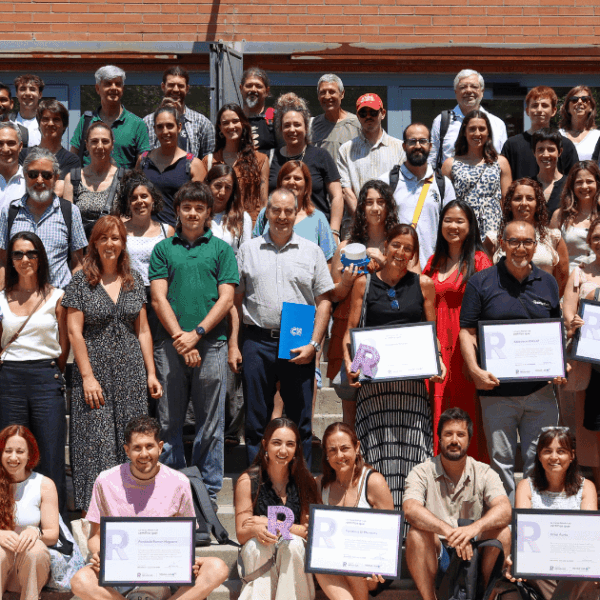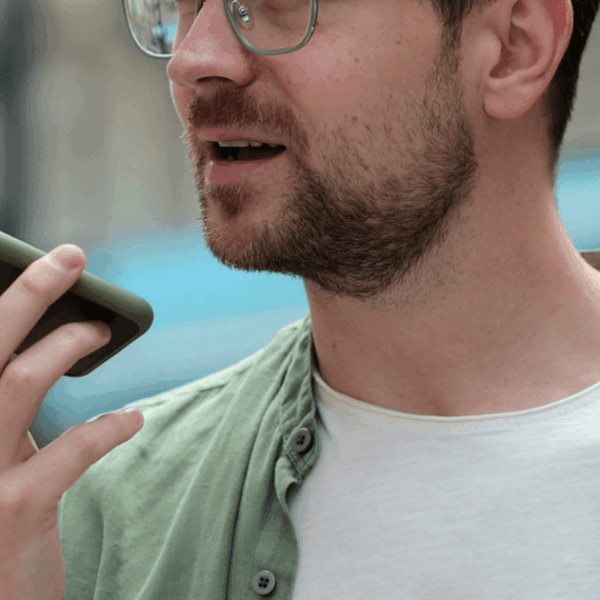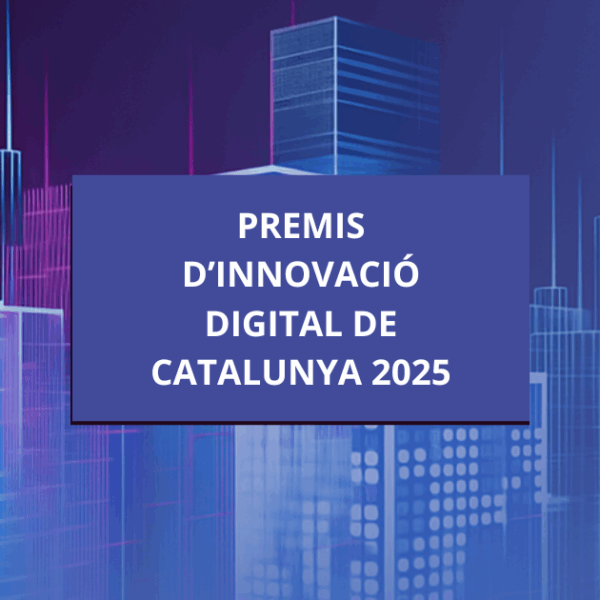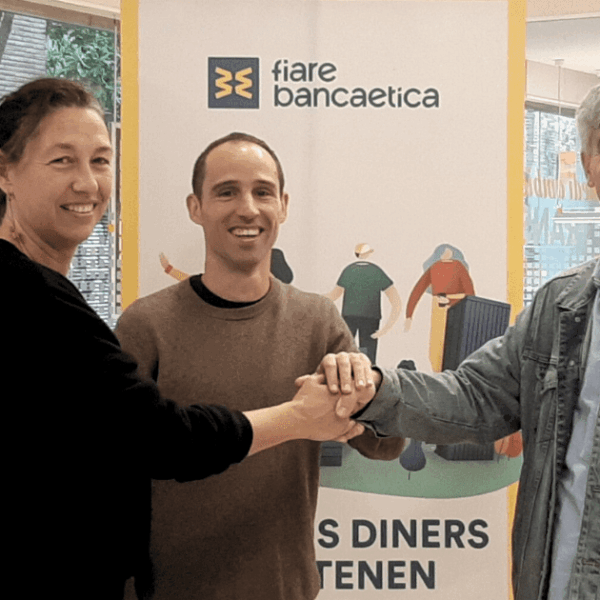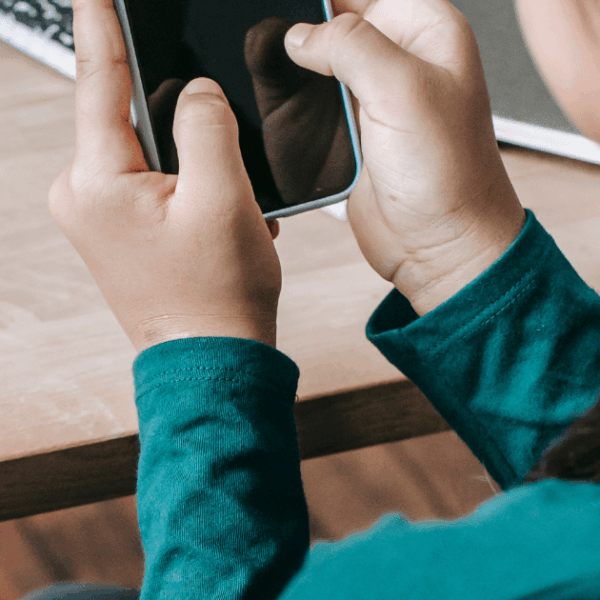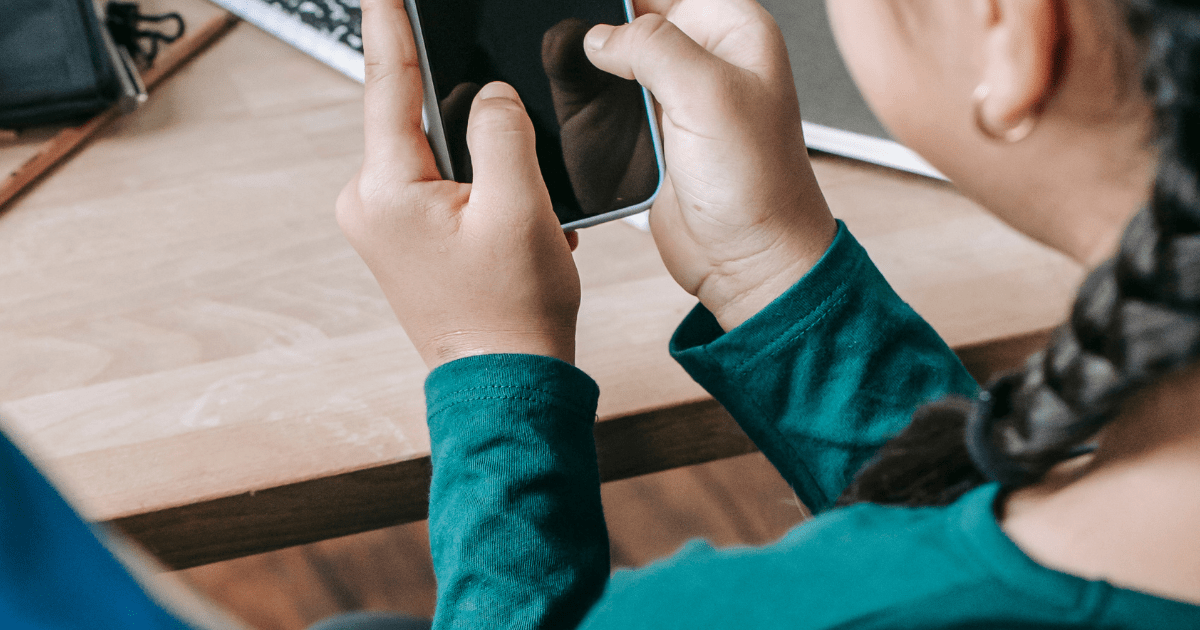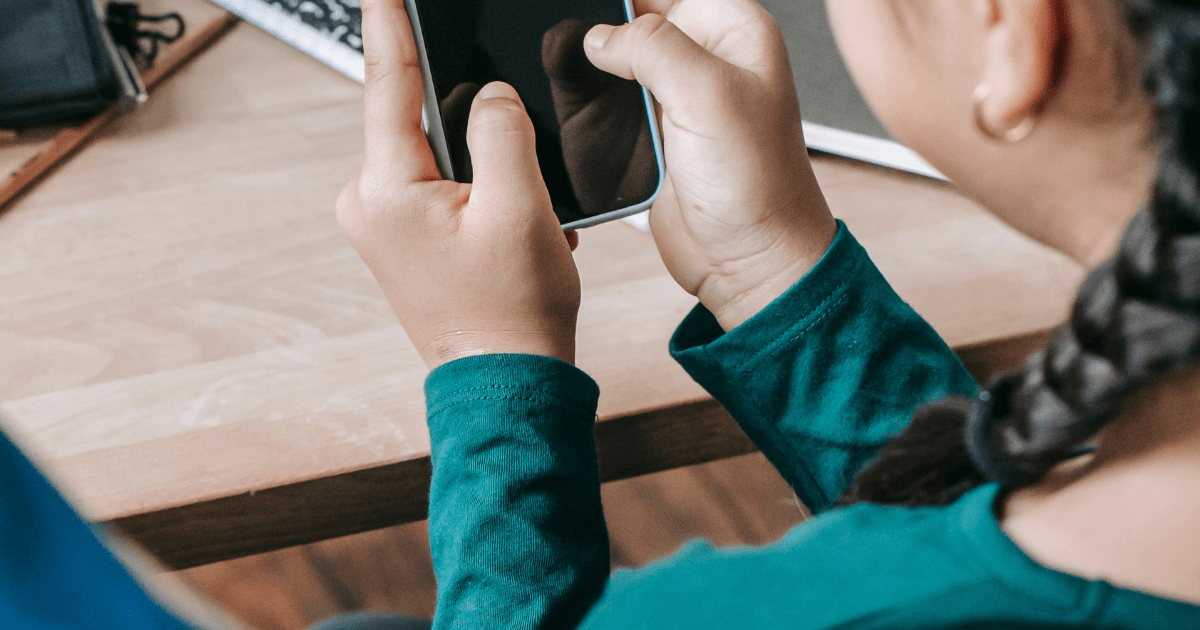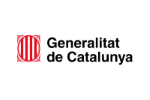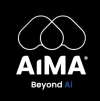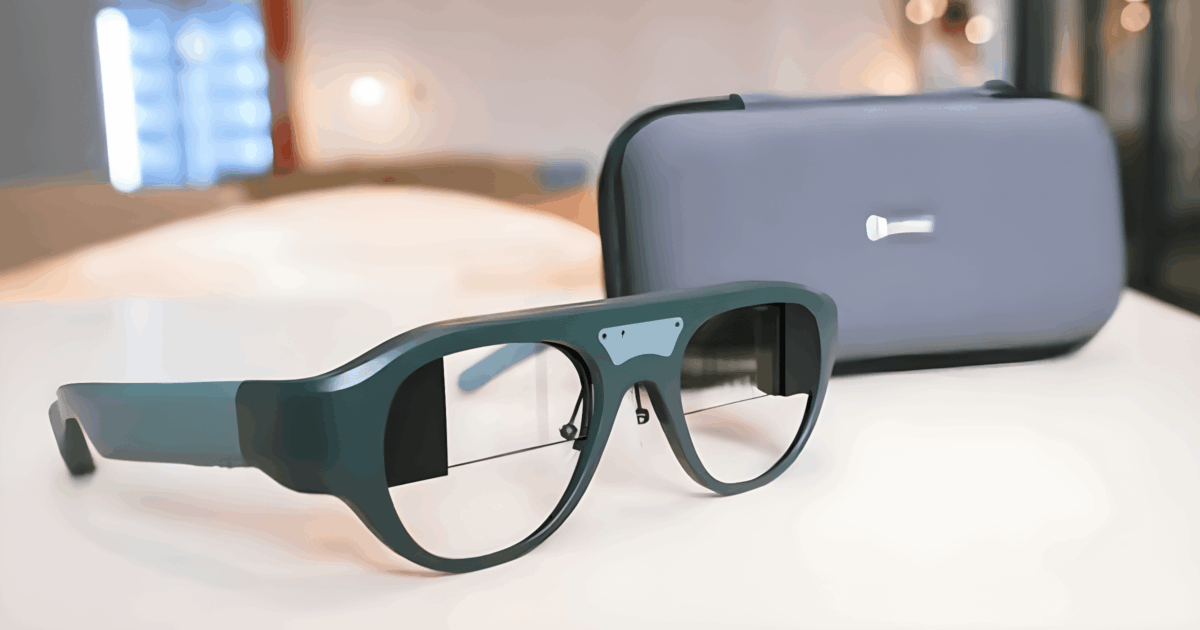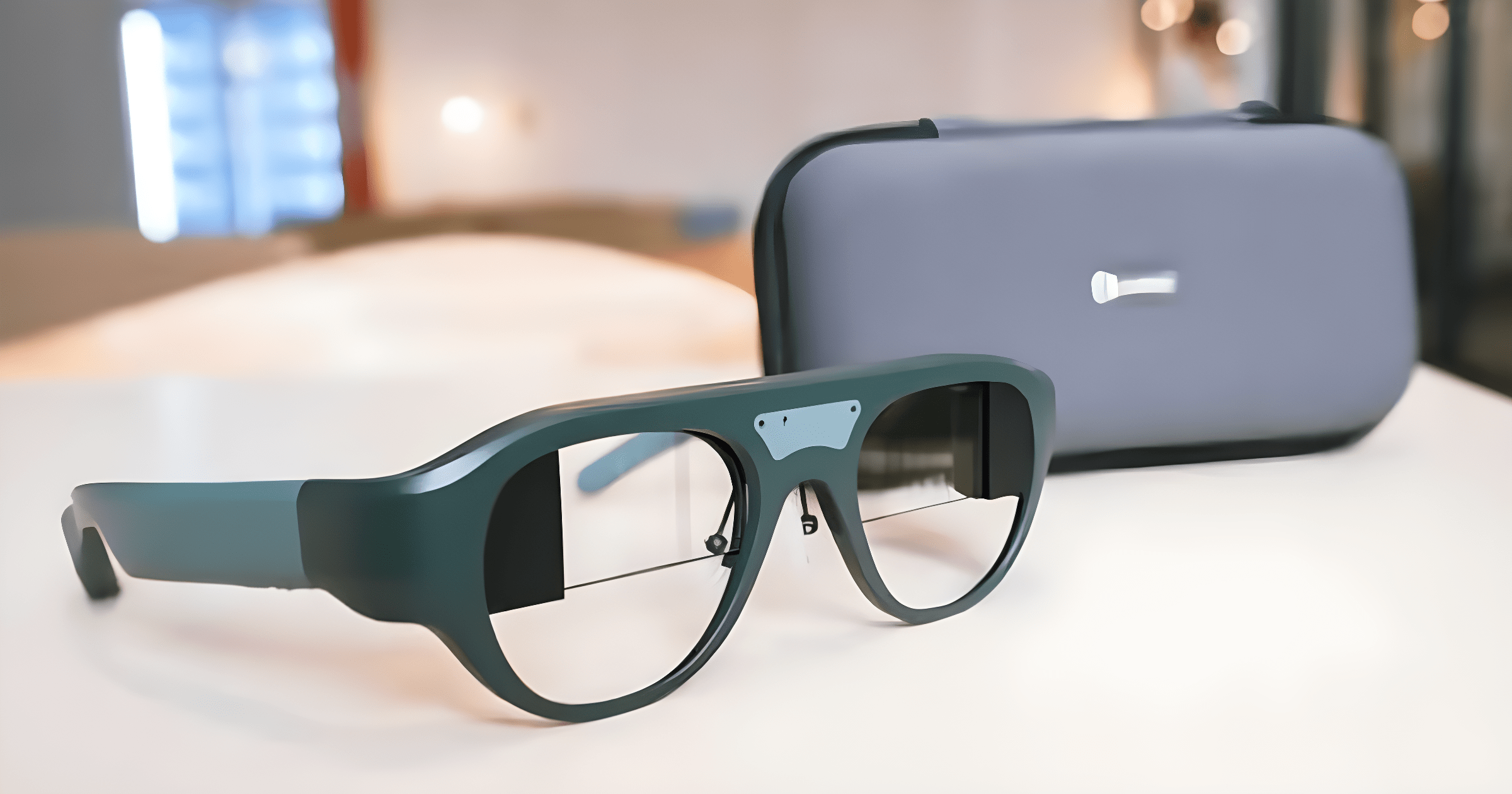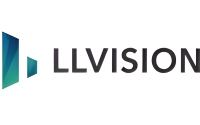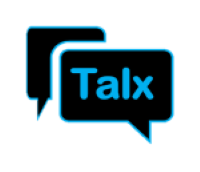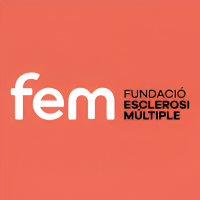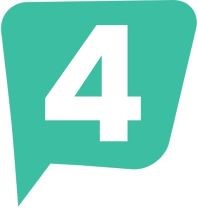Whispp, a voice assistance app for people with voice disorders
Whispp, a voice assistance app for people with voice disorders
Whispp
Voice assistance application based on artificial intelligence
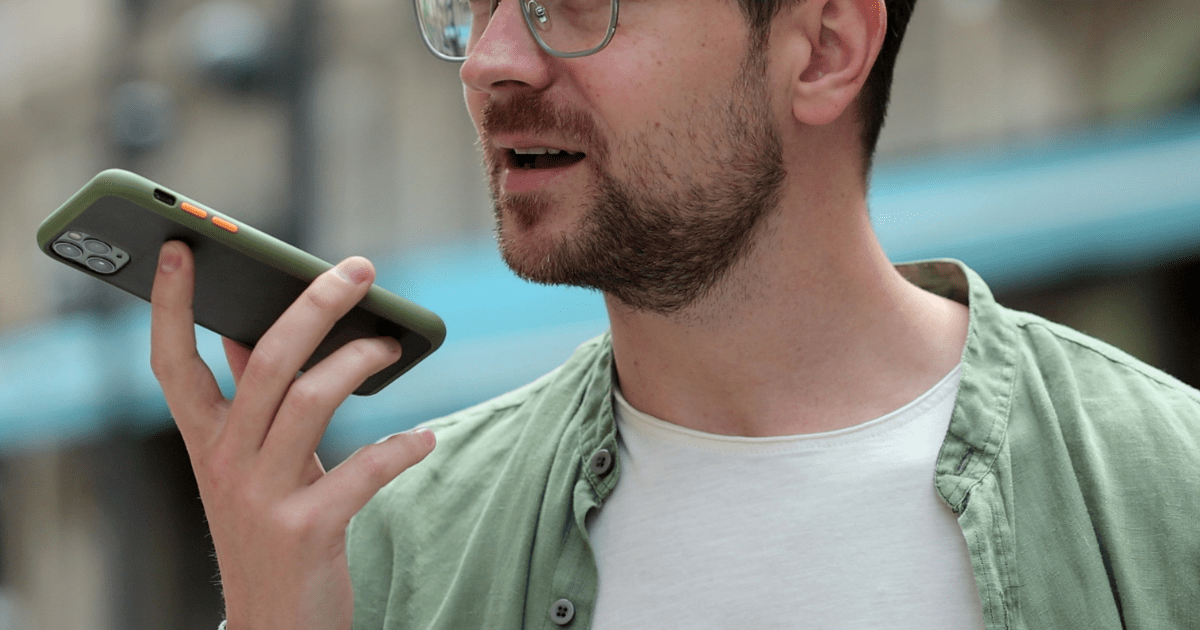
Whispp is a voice assistance app that uses artificial intelligence to support communication for people with speech disorders or conditions affecting their voice. It’s a tech-based solution designed to make communication smoother, more accessible, and tailored to each user’s needs.
The central goal of Whispp is to streamline the way people with vocal limitations communicate, whether caused by disability, illness, or injury. It does this by converting their original audio into a clearer, more understandable version, while preserving the natural tone of conversation. Users simply speak into their mobile phone, and their conversation partner can listen to the enhanced version in real time through headphones or a speaker connected to the phone.
If the user chooses, the app can also recreate their original voice using recordings made prior to the voice being affected. Whispp supports all languages and adjusts to different settings and communication scenarios.
It can also be integrated with video conferencing tools, making it easier to take part in calls from a computer. In addition, it can be a valuable aid in speech therapy sessions, helping users stay connected during their recovery process and supporting their independence. Overall, Whispp offers a seamless communication experience that enhances well-being and empowers people with voice disorders.
Characteristics of innovation
Location
Catalonia
Partners / Founders
Netherlands Cancer Institute, Universiteit Leiden Centre of Linguistics, National eHealth Linving Lab, Radboud Universiteit, Universiteit Amsterdam, Dystonie vereniging, stotter Fonds, Patiëntenvereniging HOOFD, Stiching Support Stotteren.
Genesis
Whispp is a Dutch startup founded in 2018, which developed the app with the aim of facilitating daily tasks for people with voice disorders
Level of implementation
Currently, Whispp has over 10,000 downloads and more than 1,500 active users each month

Banc d’innovacions

